
The National Strategic Framework for ending child marriage in Ghana was, yesterday, launched in Accra.
The Framework is designed to provide an integrated vision and a clear direction to all stakeholders to ensure a well-structured and well-guided collaboration between state and non-state institutions.
In an address, Madam Otiko Djaba, Minister for Gender, Children and Social Protection, recalled that the national campaign to end child marriage in the country was officially launched in February 2016, with support from the United Nations International Children's Education Fund (UNICEF) as a response to the universal call to end child marriage, globally, by 2030.
Madam Djaba explained that the goal of the Framework, anchored within the United Nations Sustainable Development Goals, was to end child marriage, using a holistic approach to ensure youthful livelihood and socio-economic transformation by 2030.
She said the Framework would facilitate the enforcement of existing national laws and policies related to child marriage, including effective birth registration as well as building the capacity of law enforcement agencies to identify and sensitively deal with issues of child marriage.
The Minister noted that even though ending child marriage in Ghana was a complex situation, the collective efforts, commitment and responsibility of all Ghanaians would facilitate the implementation of the strategies identified in the framework.
In a statement, Susan Ngongi, UNICEF Representative in Ghana, stressed the need for all stakeholders to accelerate progress to stop the number of child brides from growing, through concerted efforts.
Ms Ngongi said one way of ending child marriage was to empower girls and boys by increasing their right to education.
She, therefore, pledged the support of UNICEF in the implementation of the Framework.
Source: ISD (Chantal Aidoo & Esther Atubiga)
Read Full Story
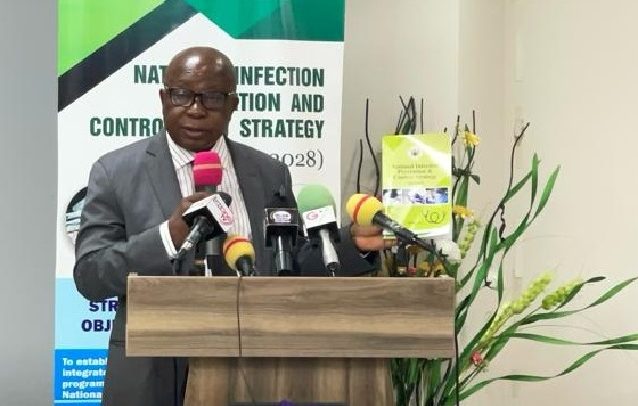


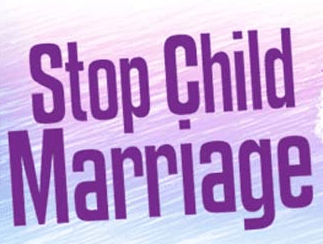

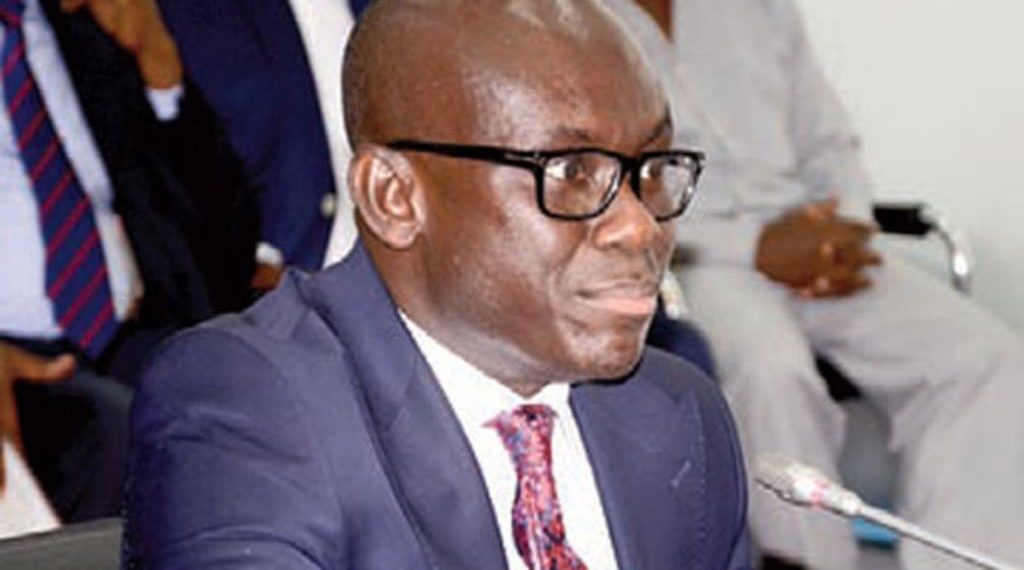











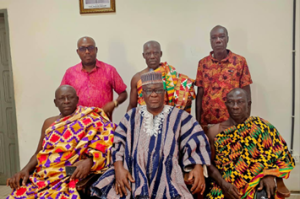

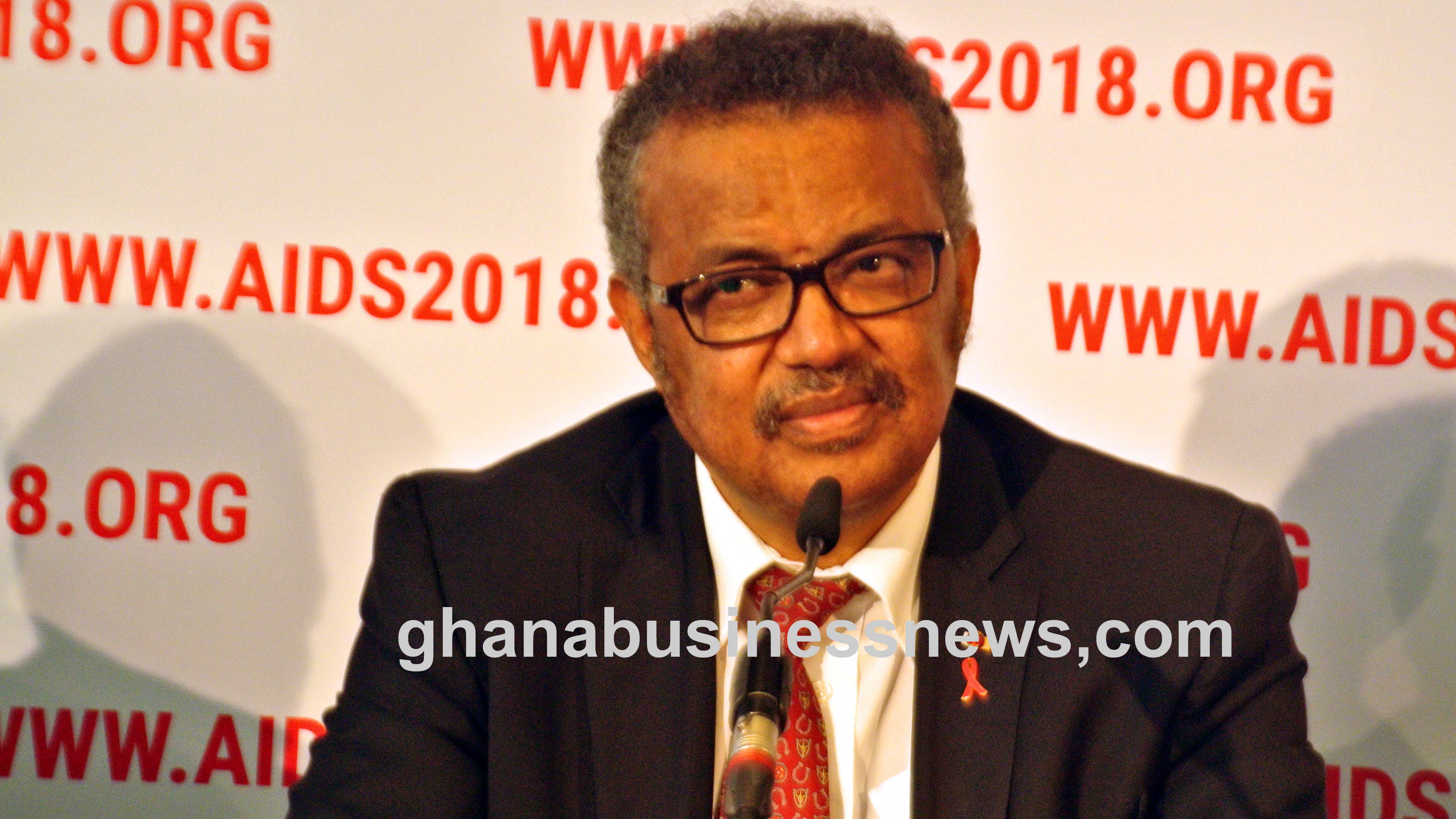


Facebook
Twitter
Pinterest
Instagram
Google+
YouTube
LinkedIn
RSS